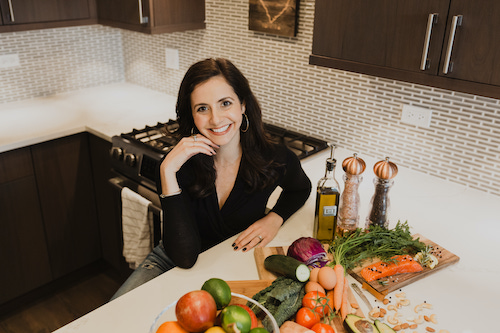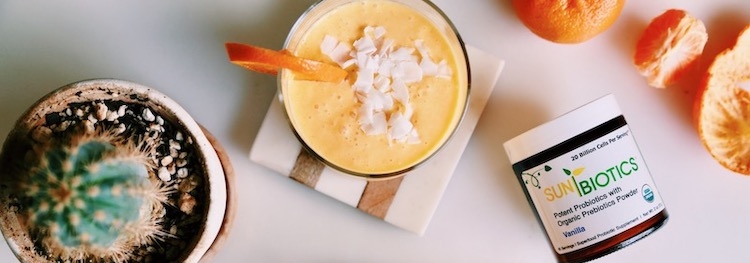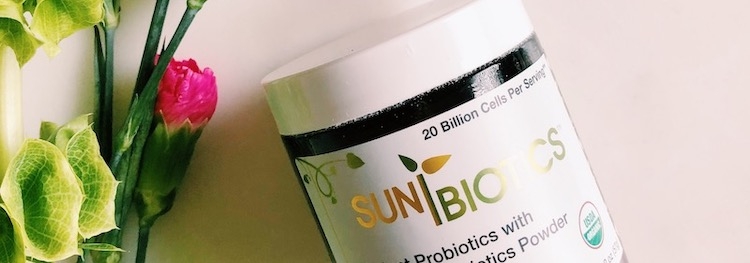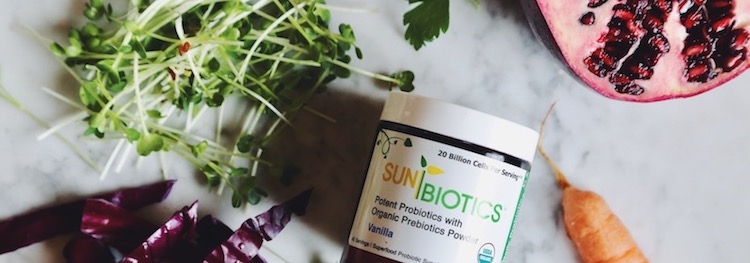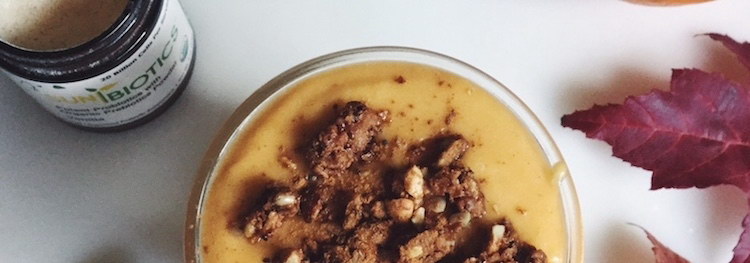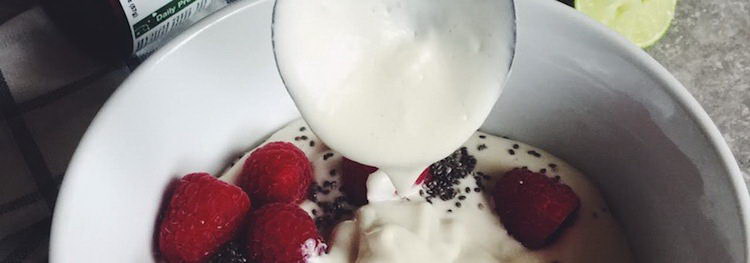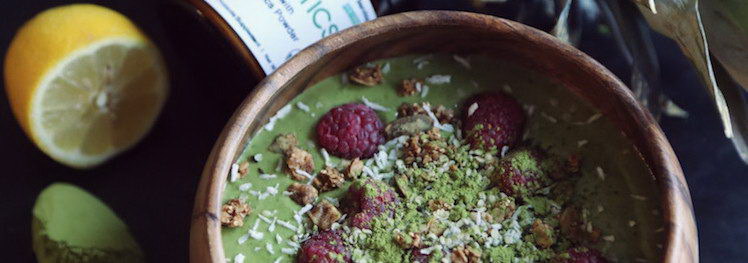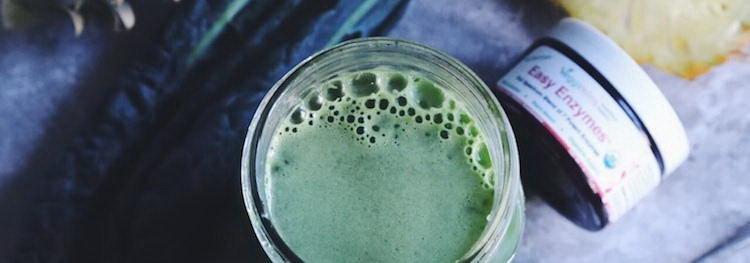5 Ways to Support Gut Health
- By Alex Malinsky
- Oct 25, 2022
Research shows that between 60 million and 70 million Americans suffer from some type of digestive disease. From heartburn and gas to bloating and constipation, these conditions can interfere with everyday life and lead to some pretty uncomfortable symptoms.
When you invest in foods and activities that provide healthy gut support, you'll notice the difference throughout your entire body. Today, we're sharing five simple ways you can get started.
1. Increase Your Fiber Intake
According to the Institute of Medicine (IOM), women should consume around 25 grams of fiber each day, and men should consume 38 grams. However, only 5% of all U.S. adults meet these daily targets.
By eating a balanced diet full of fiber-rich fruits and vegetables, you can hit this goal and improve your gut health. Fiber promotes a healthy gut biome and also helps naturally relieve constipation. Beans, berries, whole grains, nuts, and seeds are all high in this nutrient.
2. Add Fermented Foods to Your Diet
Fermented foods help add good, health-promoting bacteria (probiotics) to your gut. These are foods that have undergone a fermentation process and controlled microbial growth. Examples include:
- Yogurt
- Keifer
- Tempeh
- Kimchi
- Sourdough bread
- Probiotic drinks and kombucha
If you aren't already consuming fermented foods, consider adding them a few times a week to notice a difference in your intestinal health. You can also check out our probiotic supplements for extra support!
3. Exercise More
If you're experiencing frequent tummy troubles, inactivity could be one of the culprits.
Exercise not only helps stretch and loosen your stomach muscles, but it can also help you maintain your weight and help keep digestive issues at bay. You don't have to overdo it, but at least 30 minutes of light activity each day can make a major difference.
4. Relieve Stress
Yes, this one is usually easier to say than do! Still, it's worth finding activities that naturally soothe away your stress and anxiety. When you're feeling stretched too thin, it can make your gut barrier more permeable.
This is known as "leaky gut syndrome" and it catalyzes an inflammatory response in your stomach lining. Inflammation can also inhibit your ability to empty your stomach, which can lead to painful constipation. From taking a walk in nature to soaking in a bath, there are lots of ways to minimize your stress levels.
5. Reduce High-Fat Foods
Your gut is happiest when you're consuming a diet that's well-balanced in micronutrients. This includes a moderate amount of carbohydrates, fat, and protein.
If you're used to over-indulging in high-fat/low-carb foods, it can decrease the number of healthy bacteria in your gut. Probiotics need fuel to grow, and fiber comes from carb-containing foods, so you need to maintain steady levels to see results.
One option is to consider the Mediterranean diet, which provides a good nutritional balance. With this diet, 45% to 50% of your calories come from carbs, 30% to 35% come from fat, and 15% to 20% come from protein.
Promote Healthy Gut Support
Gut support optimizes your entire body. As you take the time to adjust your diet, enhance your exercise routine, and relieve stress, you'll find that your stomach troubles will become much less frequent.
These are five simple ways to start, and we want to help you work toward your goals.
At Windy City Organics, we offer a range of organic snacks, supplements, powders, and more. We're your one-stop shop when you need to satisfy a craving in the healthiest way possible. Check out our products today and let us know if you have any questions!



